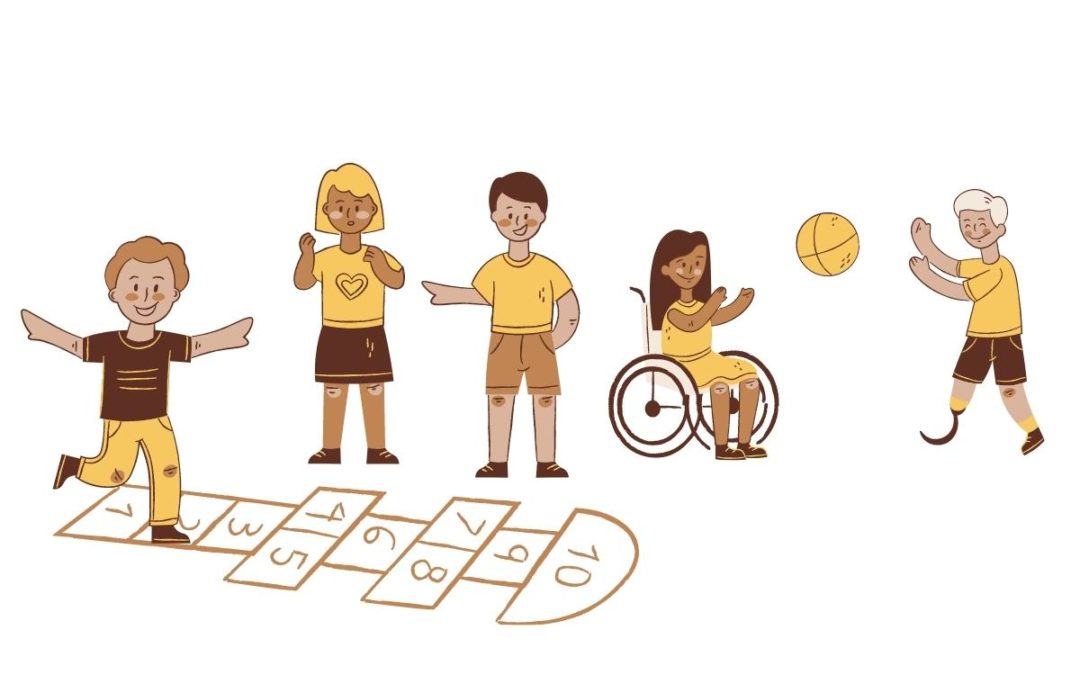Last May, I graduated from my 200-hour yoga teaching training and became a certified yoga instructor. The first piece of advice our teacher gave us upon completing the training was to find a mentor. Believe it or not, in my 29 years on this Earth I had never received this advice from any of my teachers before.
High school students hear a lot about getting job experience and figuring out what major they are interested in pursuing. They work with college admissions counselors to learn all the details they need to know to apply to various colleges. While these practices are important and beneficial, there’s nothing like having a personal contact to guide your child and act not only as a practical assistant, but an inspiration. This is where mentors come in.
Why are mentors important for a teen?
A mentor acts as a guide to keep a high school student on track and help him or her consider important decisions for the future. In short, a mentor is a supportive partner.
After doing a bit of research, it was clear to me that the benefits of mentoring are huge for high school students. These are just a few of the benefits listed by the National Mentoring Partnership, an online resource that helps connect parents and students to mentors in their area:
• Mentors help young people take the first steps to setting and implementing career goals.
• Mentors connect students to teachers, internships and job opportunities in their field of interest.
• Mentors teach students how to search for and apply for jobs.
One mentor’s experience
My sister, Ashley – now a law student at Arizona State University – worked as a mentor during her undergraduate years. I remember how excited she would get when she told me about her experiences with students. Ashley volunteered for an organization called Upward Bound, a federally funded organization that provides mentoring services as well as tutoring for high school students. Their services are specifically directed toward students from low-income families or those whose parents do not have a bachelor’s degree. Ashley discussed what her work consisted of:
“The mentoring program was geared toward getting into college, but we also talked about stress, self-esteem and time management. A lot of the kids appreciated having college students who were willing to come and work with them. It was easy for them to relate to us.”
Ashley told me about one of her mentees who came into the program with an unenthusiastic attitude and lack of motivation. After just three months of mentoring, the student had identified three colleges she was interested in and had been accepted by two them. “But most of all, she was excited about her future and wanted to play an active role in reaching her highest potential,” said Ashley.
 Psychological benefits
Psychological benefits
This story illustrates one of the other benefits of mentoring: psychological and emotional support. High school is a hard time for many young adults, and students of all demographics struggle with the stresses and insecurities that are so common during this phase of life. Having one-on-one guidance is a great way to allow students to express their doubts and frustrations that come with all the pressure of choosing their next steps in life.
A fascinating and comprehensive study titled, The Role of Risk: Mentoring Experiences and Outcomes for Youth with Varying Risk Profiles, examined the effects of mentoring on teens from all demographics and family backgrounds. The researchers noted the benefits demonstrated in groups with mentors versus those without:
“These (benefits) included emotional/psychological well-being, social relationships, academic attitudes and self-reported grades. Reductions in symptoms of depression were particularly notable — both for the large size of the effect and the consistency across groups.”
My sister noted that in her experience improved psychological well-being was one of the most obvious benefits of mentoring. She said it was amazing to see high school students excited and happy about their future. “Mentoring helped the students get an idea of the possibilities that were open to them, and it also gave them the resources they needed to pursue those possibilities – but most important, mentoring helped them get excited about their future. It also visibly improved their self-esteem,” she said.
How to find a mentor
The first step to finding a mentor is to identify your child’s needs. Is he or she interested in a specific subject, such as computer programming or science? Or areyou looking for a mentor to help your child learn the ropes of applying to college or searching for a job? Answering these questions will help you limit your search and find the mentor who is best suited to your child’s needs.
Once you have identified the type of mentor you want, look for resources in your community. The best place to start is probably your child’s school, but you can also use the Mentoring Connector tool at the National Mentoring Partnership website to find mentoring programs in your area.
There’s nothing like having an experienced guide to connect with and learn from. These days it’s all too easy to turn to YouTube or Google and think all our questions can be answered in moments. Working with a mentor provides something unique to help your child on his or her journey: a real life, one-on-one connection with someone who has been there and knows what it’s like. (And, of course, it helps that it’s not mom or dad.)
by Nicole Crawford









0 Comments